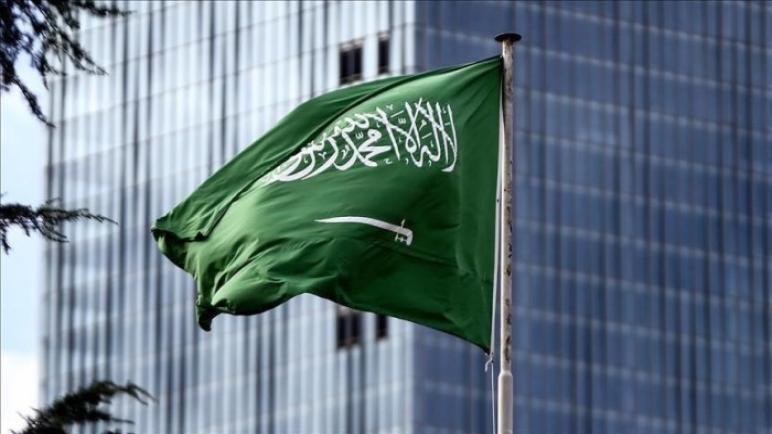The consumer price index (CPI) in Saudi Arabia rose 3.1% in September compared to the year-ago period and is higher than the August inflation rate of 3%, driven by soaring prices of food and beverages (F&B) and utilities, official data showed Thursday. F&B prices went up 4.3% during the month, mainly due to a 4.6% rise in food prices, including meat prices that surged by 6.5%, according to a report from Saudi’s General Authority for Statistics (GASTAT).
The GASTAT report stated that F&B prices were the leading cause for higher inflation in September 2022, due to their high relative importance in the Saudi consumer basket at an 18.8% weightage.
Prices in the kingdom’s housing, water, electricity, gas, and other fuels increased by 3.2% due to higher housing rental payments, which increased by 3.6%. Transport prices went up by 3.8%, after seeing an increase in the purchase of motor car prices, which rose by 4.6%. Personal goods and services prices saw a 1.6% increase, boosted by the rise in prices of wedding hall rentals, which was up by 18.8%.
Hotels and restaurants prices also rose by 7.5%, driven by the cost of catering services, which went up by 7.6%. The cost of education edged up by 5.7%, mainly resulting from the increase in secondary education costs, which surged by 10.1%. In contrast, there was a fall in the prices of clothing and footwear by 1% due to the decrease in garment prices, which dropped by 1.9%. In August, the International Monetary Fund (IMF) said in a statement that despite the higher prices for imported commodities, inflation in Saudi will remain at 2.8% in 2022 as the central bank tightens policy in line with the US Federal Reserve.
The IMF also said that the kingdom’s economy is set to grow at its fastest pace in a decade this year, amid reforms and a sharp rise in oil prices. The multilateral agency added that implementing energy price reforms — so that local fuel prices would follow international prices — can support fiscal savings and Saudi Arabia's climate objectives. Targeted schemes can protect the Gulf state's vulnerable citizens from higher energy bills, it added.
The Saudi Ministry of Finance said earlier this month that the kingdom’s gross domestic product is expected to grow by 8% in 2022 and 3.1% in 2023 as growth in non-oil activities is seen to increase.











